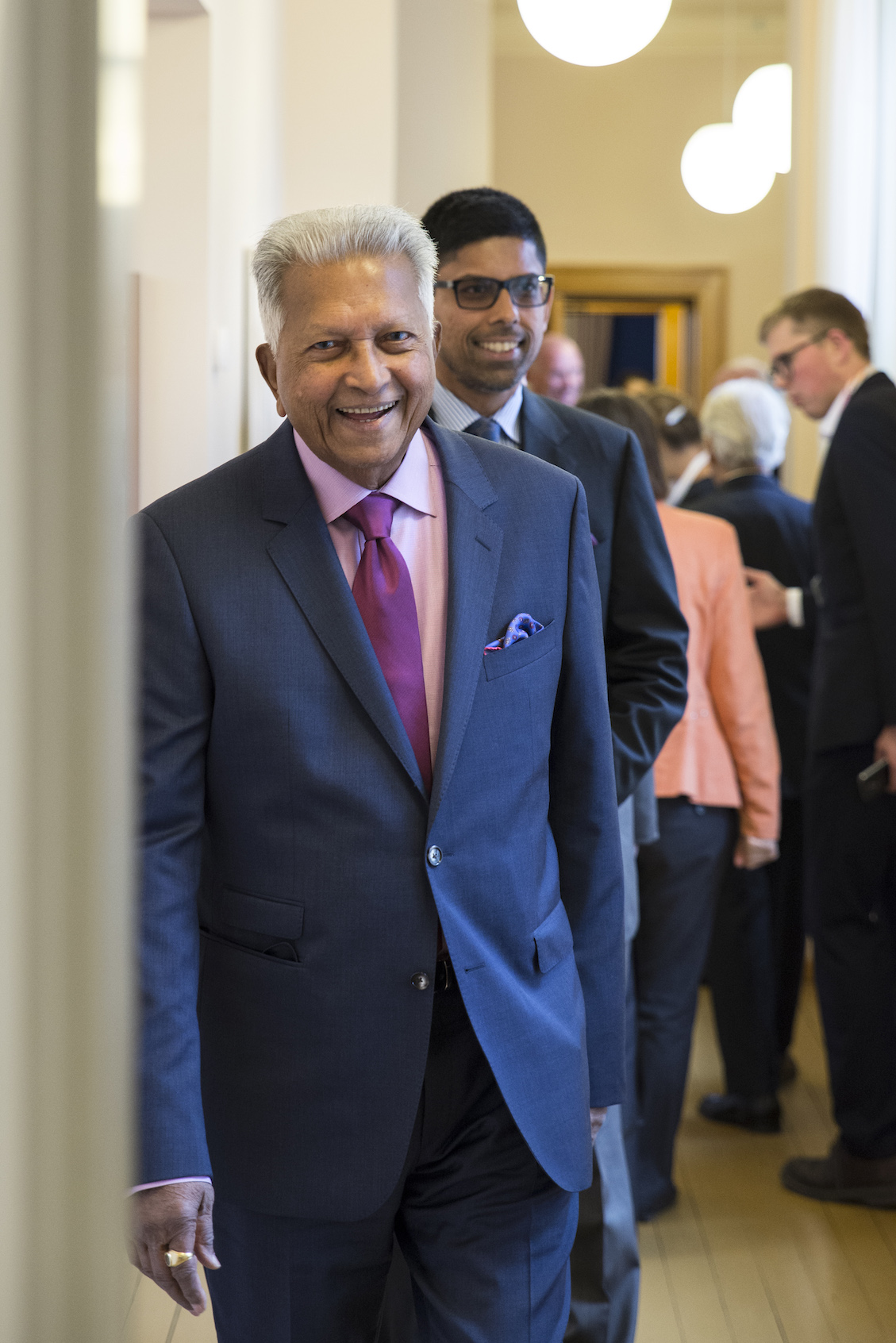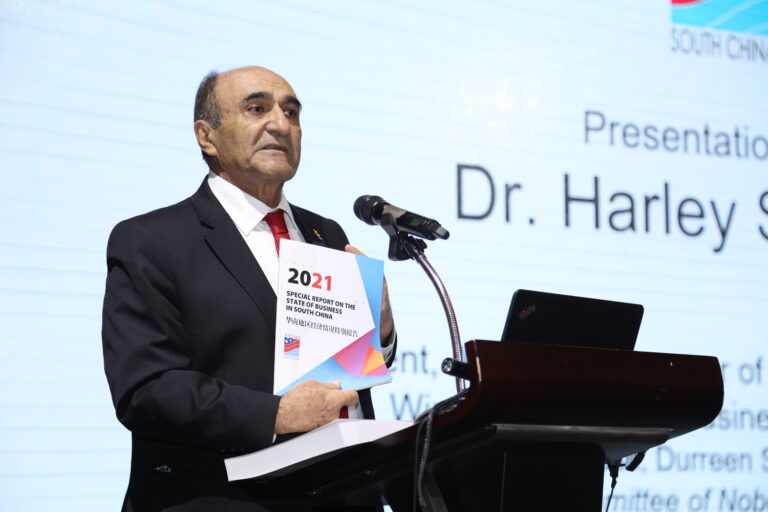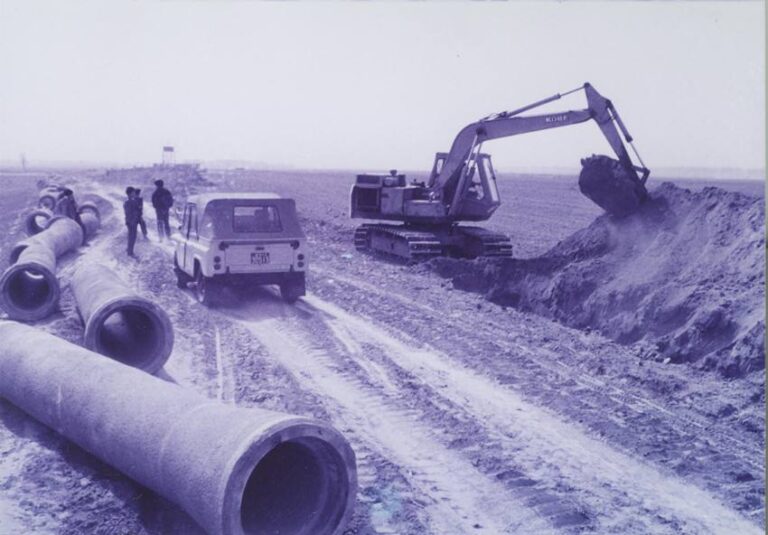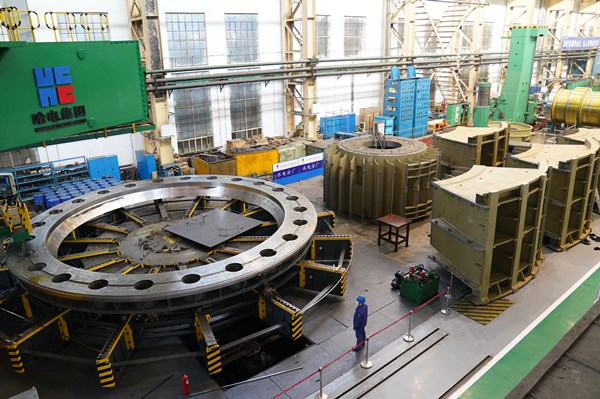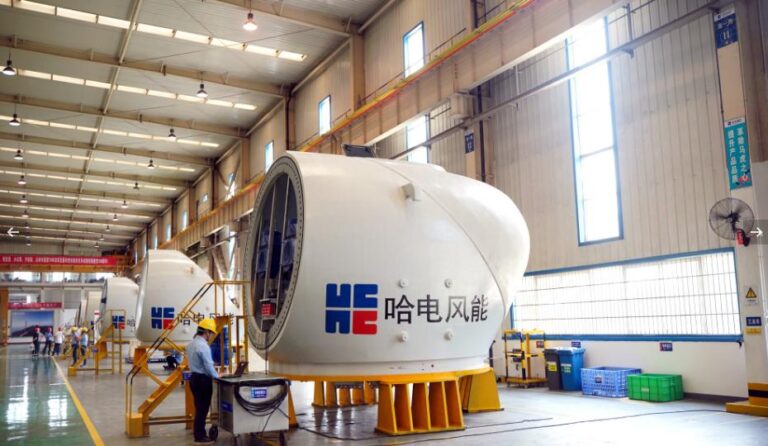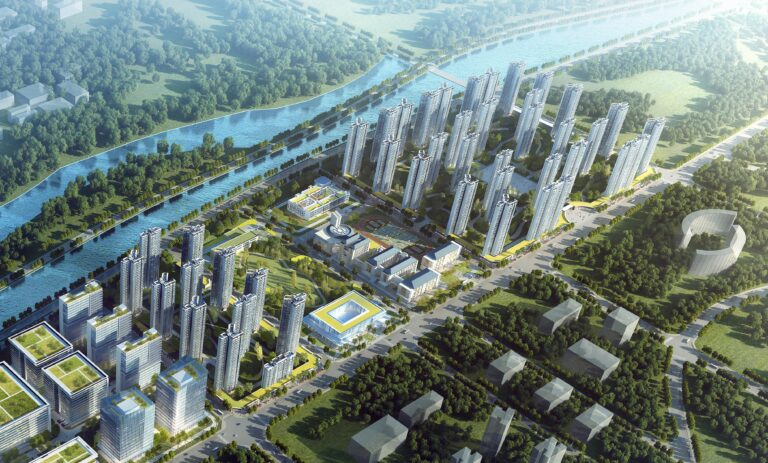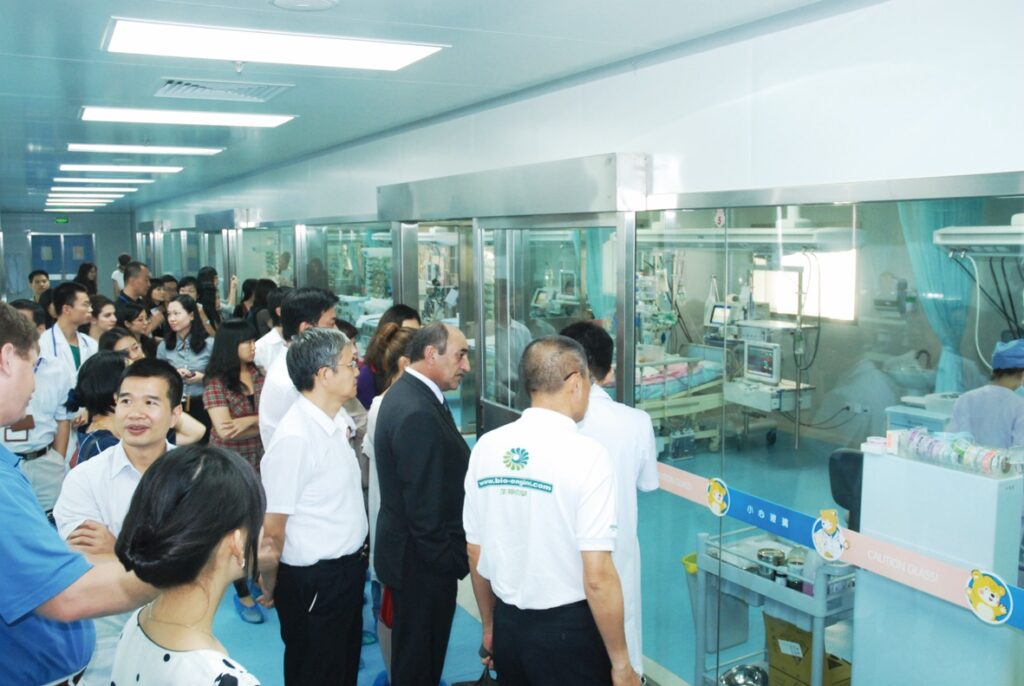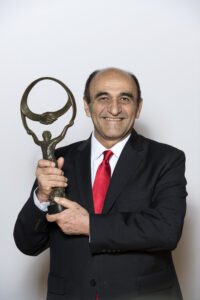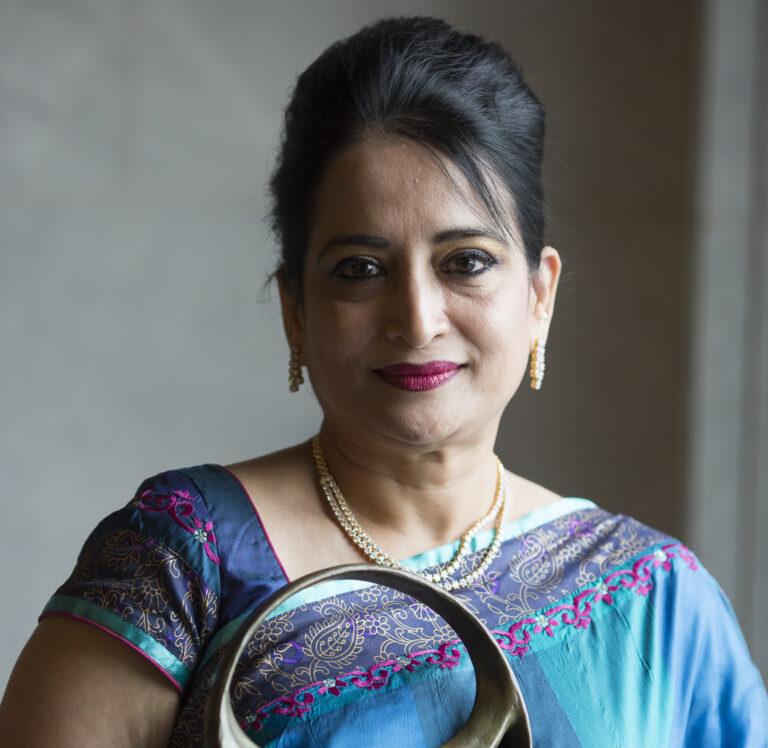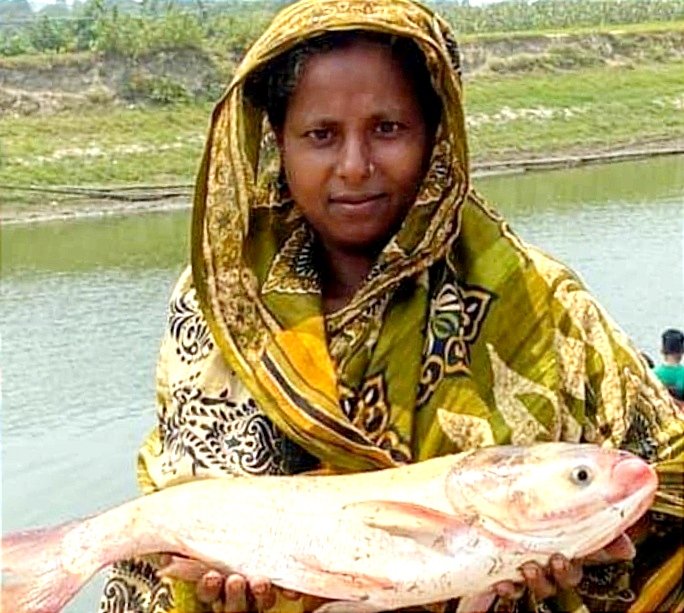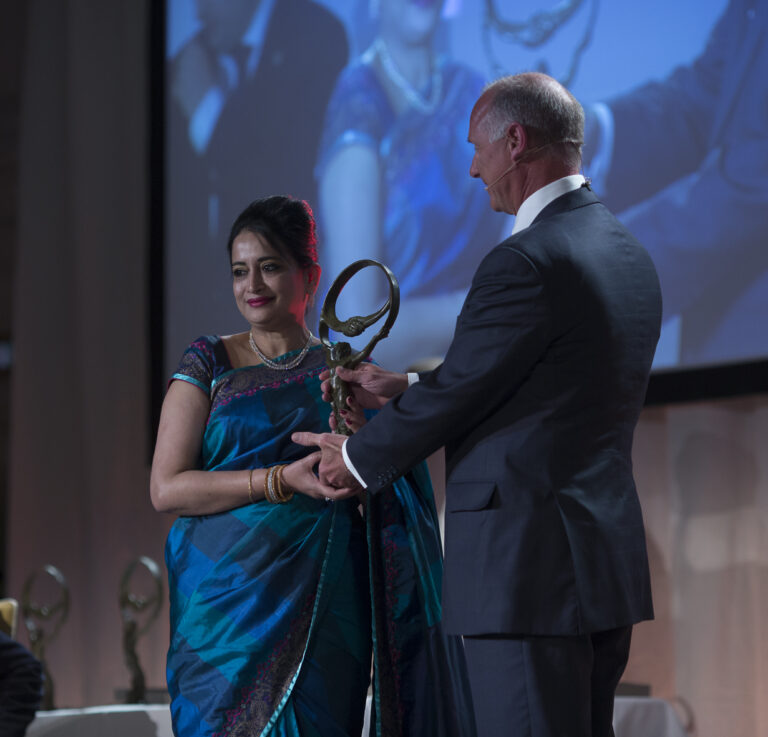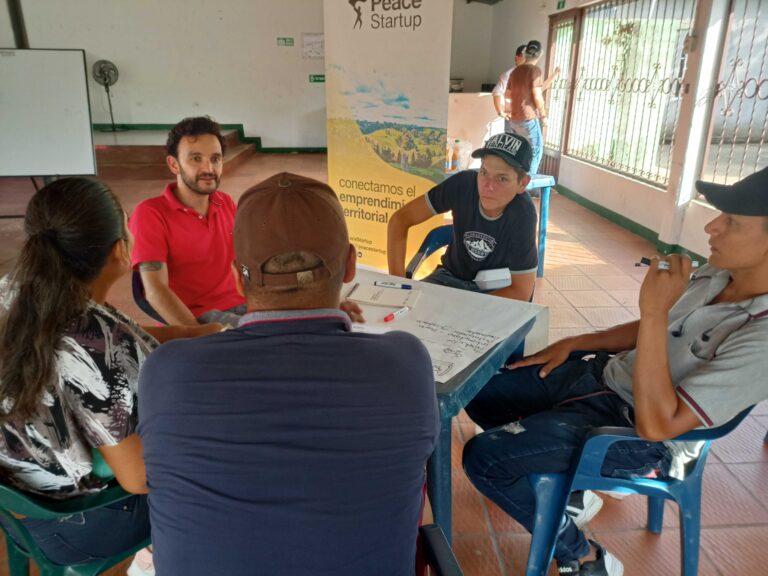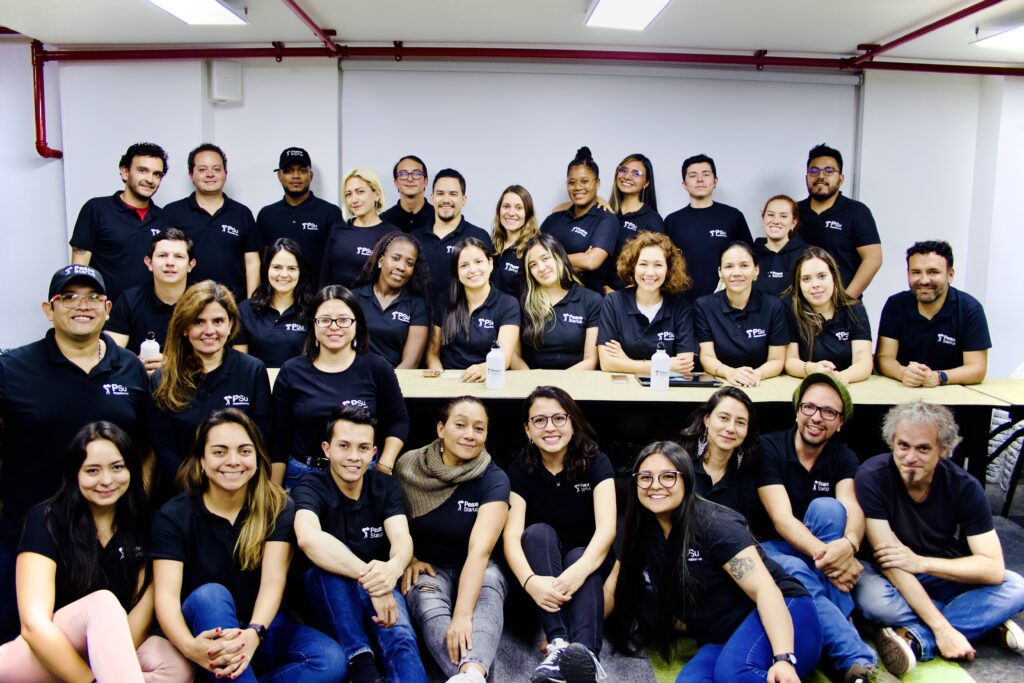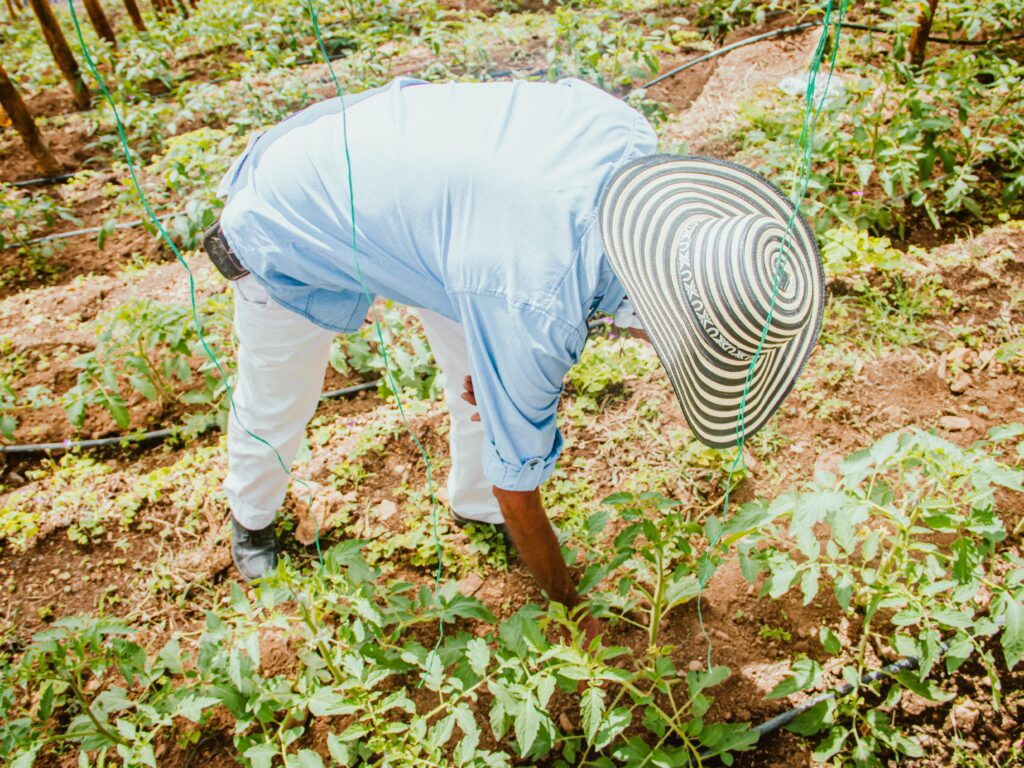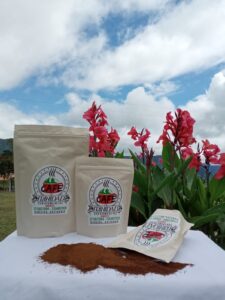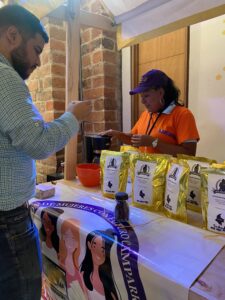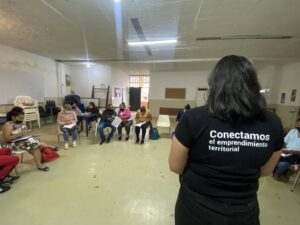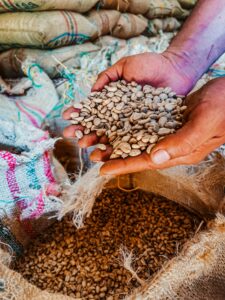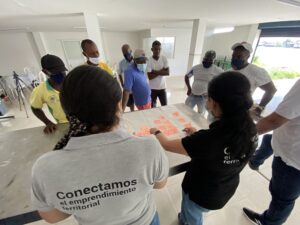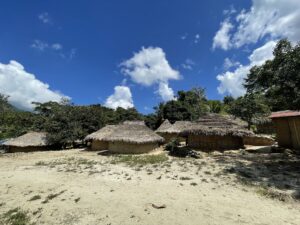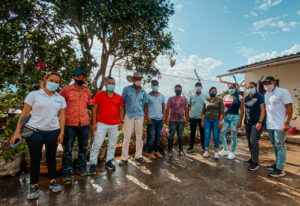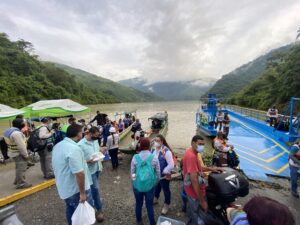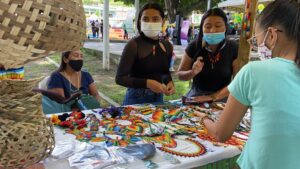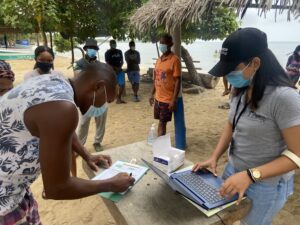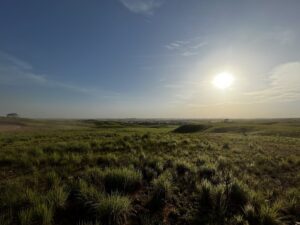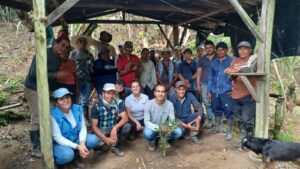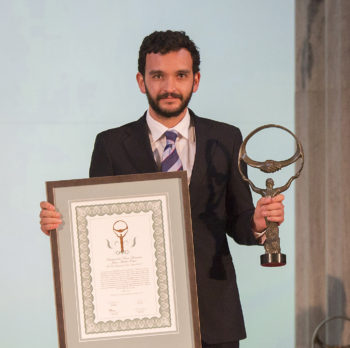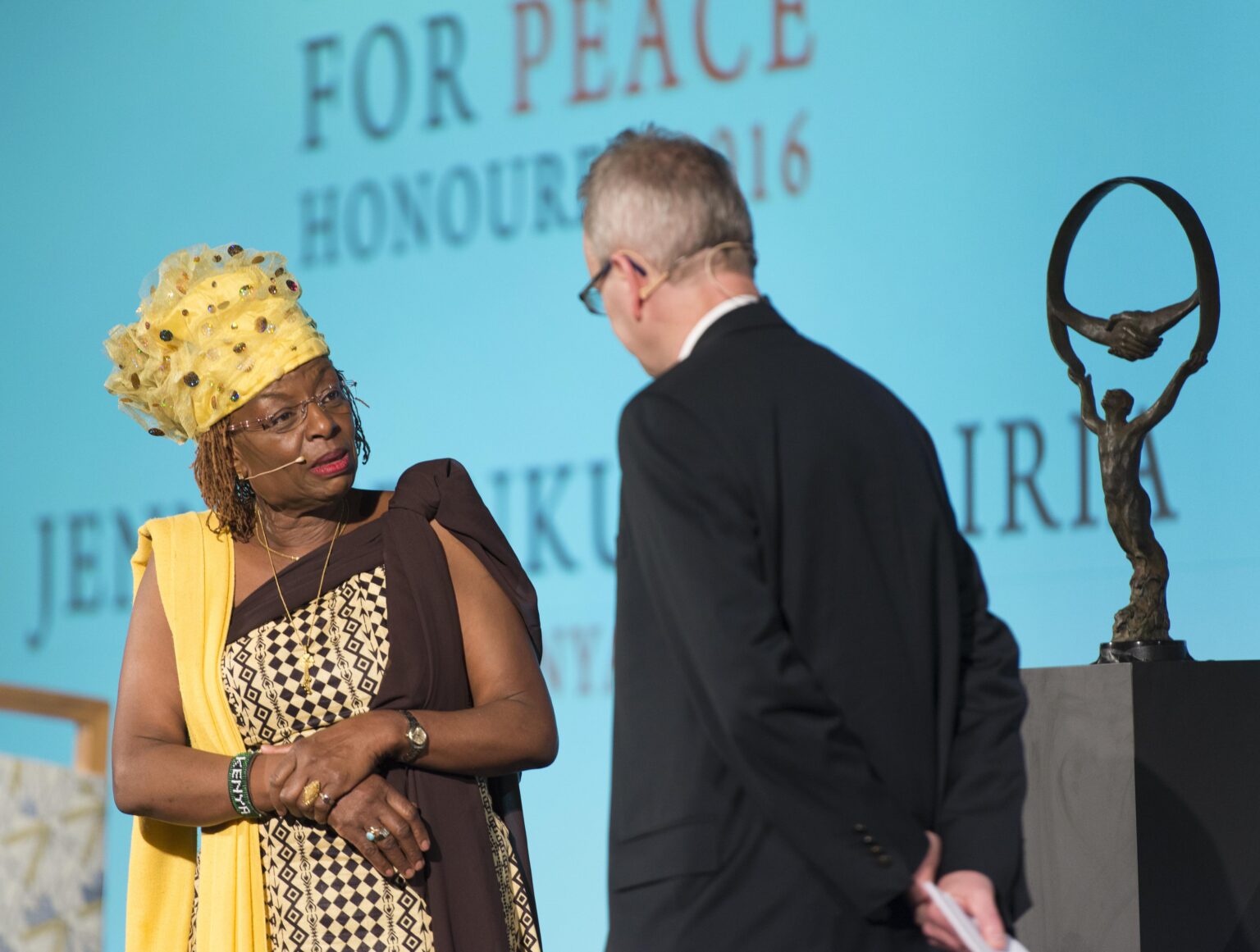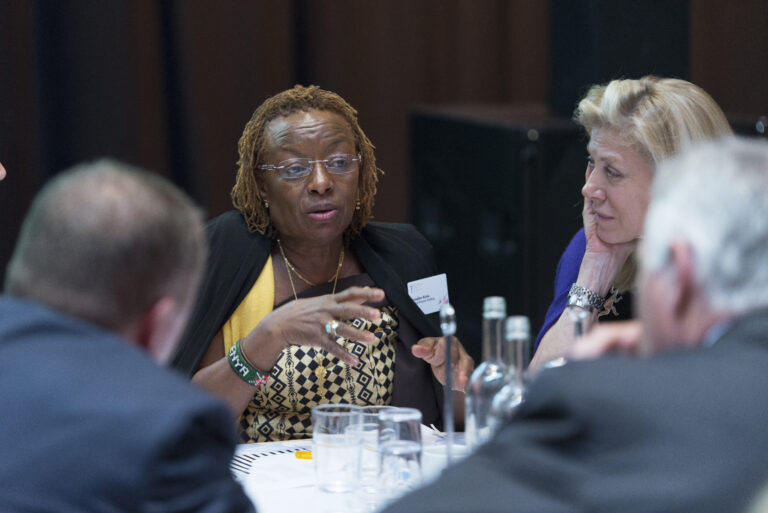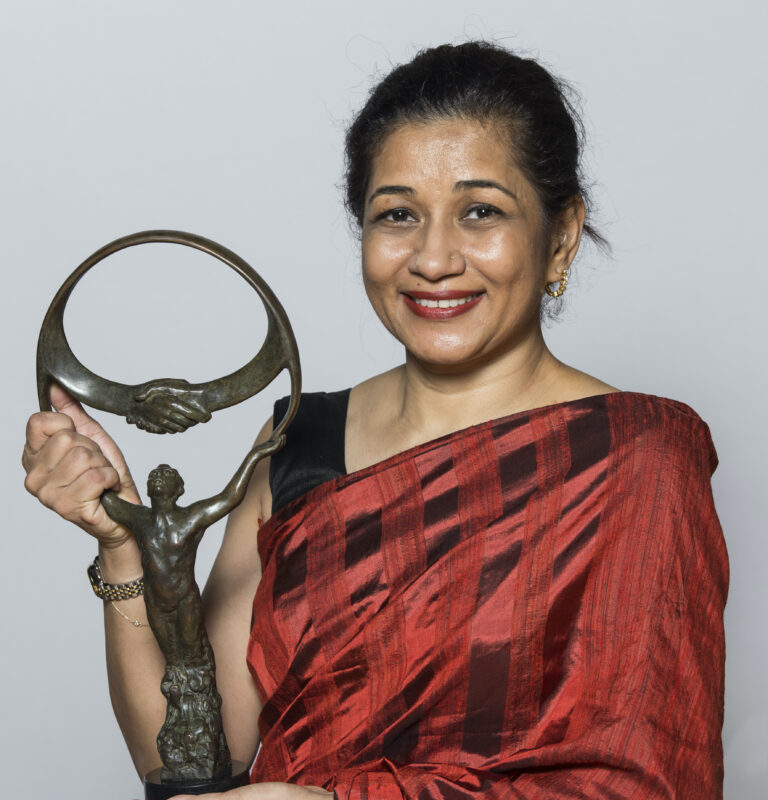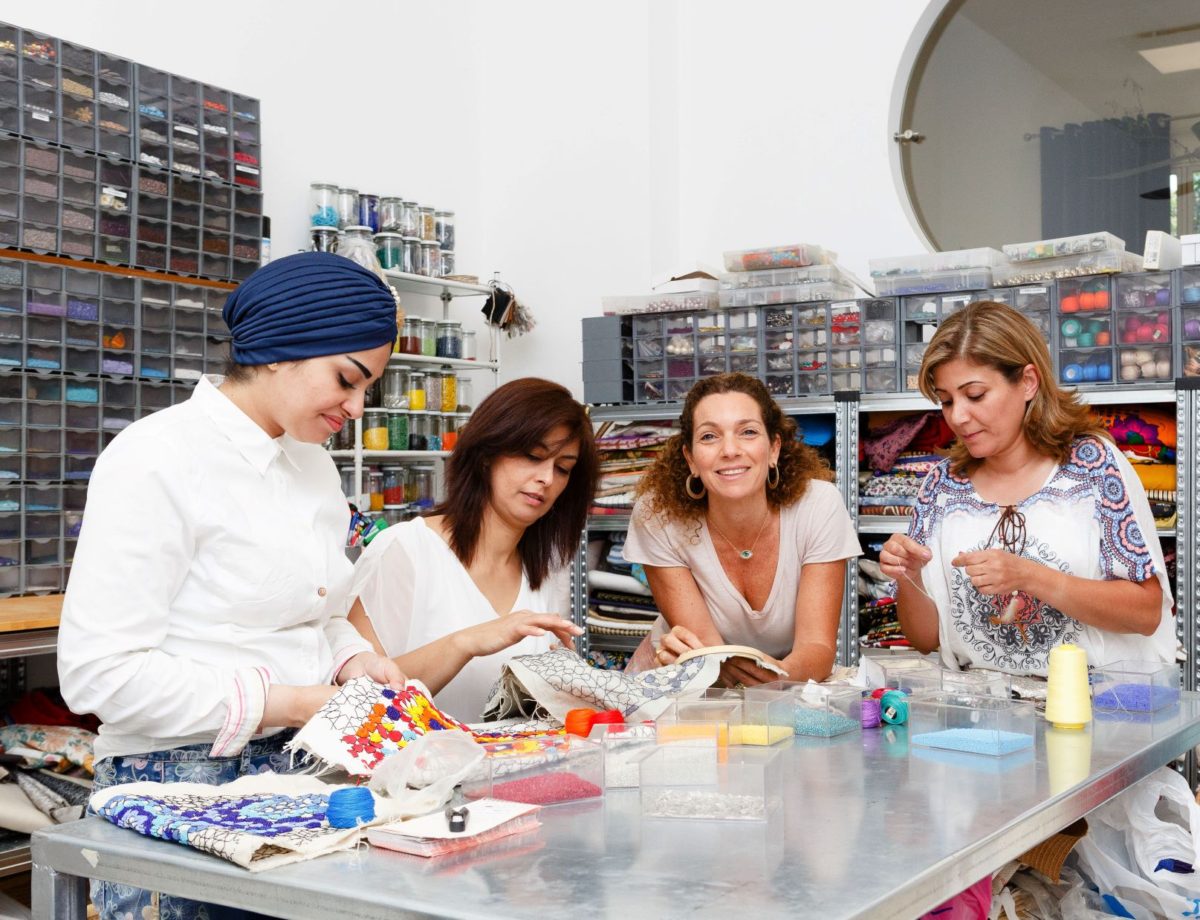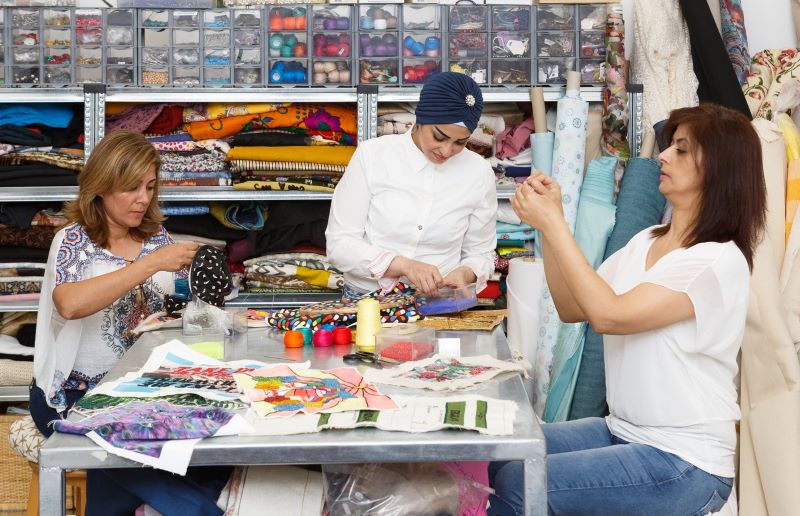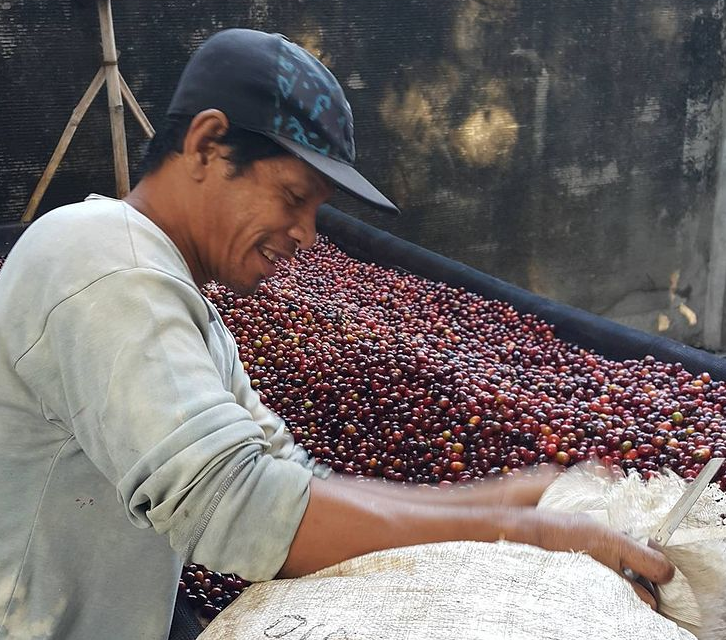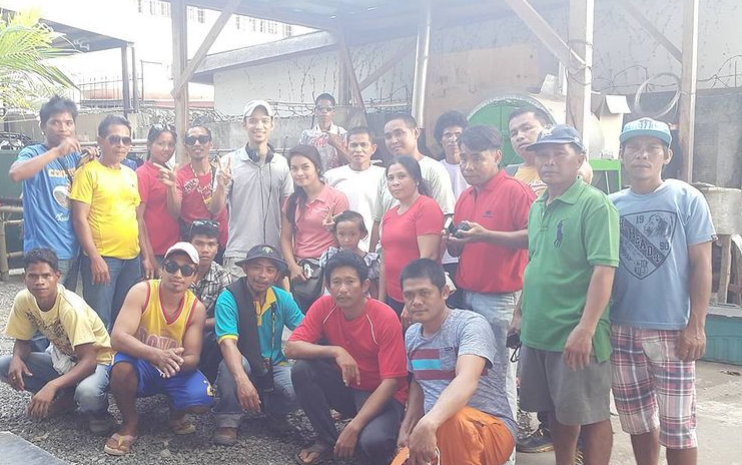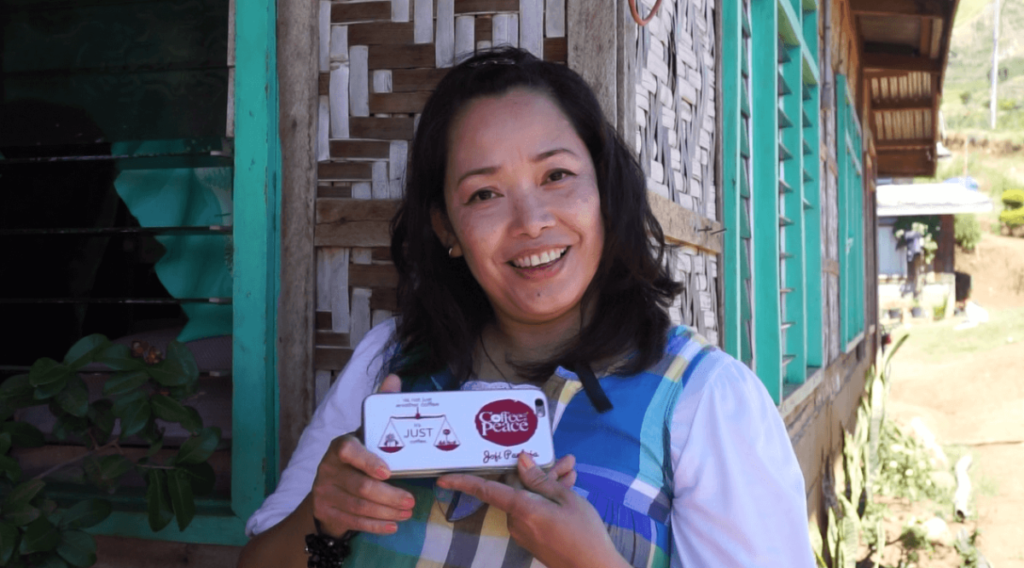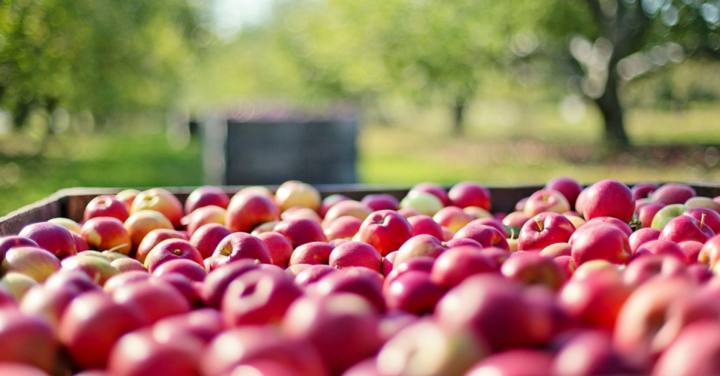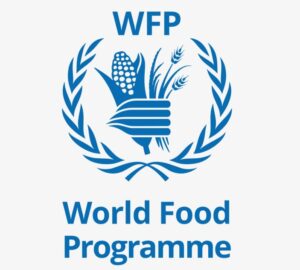In Memoriam: Merrill J. Fernando, Oslo Business for Peace Honouree
It is with profound sorrow that we remember and celebrate the life of Merrill Joseph Fernando (1930-2023), a visionary entrepreneur, and a stalwart advocate for ethical business practices and peace. Mr. Fernando’s legacy is deeply intertwined with the ethos of the Business for Peace Foundation, and his contributions have left an indelible mark on the global business community.

In 1985, Mr. Merrill J. Fernando embarked on a transformative journey to bring the finest Ceylon tea to the world through his visionary venture, Dilmah. His dedication to excellence, authenticity, and sustainability not only elevated the tea industry but also set a precedent for ethical entrepreneurship. Beyond the realm of commerce, Mr. Fernando believed in business as a conduit for positive change. His commitment to fair trade, direct sourcing, and sustainable practices set the stage for the integration of responsible business practices long before they gained widespread recognition.
Mr. Fernando’s legacy extended to matters close to his heart through the establishment of the Merrill J. Fernando Charitable Foundation. Through this foundation, he championed education, healthcare, and social empowerment initiatives in Sri Lanka, underscoring his conviction that business success should be intertwined with societal betterment.
Recipient of the 2015 Oslo Business for Peace Award, Mr. Merrill J. Fernando’s alignment with the Foundation’s principles was truly exemplary. His steadfast dedication to ethical conduct and peace in business resonated deeply with our mission. Business for Peace Chair Per L. Saxegaard remembers Mr. Fernando fondly. “When Merrill received the Award in the Oslo City Hall on his 85th birthday, in 2015, the audience of close to 1000 people all rose instinctively and sang the birthday song to honor him. It was a beautiful moment. I believe that Merrill J. Fernando’s success was not just because he developed the correct recipe in business. In contrast to the usual faceless corporations; behind Dilmah, there was Mr. Fernando. His warmth, personality, and passion will remain signatures of the Dilmah culture forever. It could be seen so well reflected in his sons, Dilhan and Malik, to whom we extend our deepest condolences. What a great and inspiring human being he was!“
We confer our deepest gratitude to Mr. Merrill J. Fernando for his invaluable contributions to the cause of ethical business practices and peace. Our thoughts are with his family, friends, and loved ones during this difficult time. As we bid farewell to a luminary whose life exemplified the union of ethical business and societal impact, we carry forward his legacy. Let us continue to honor Mr. Merrill J. Fernando’s memory by emulating his dedication to ethical entrepreneurship, responsible leadership, and the belief that business can be a catalyst for positive change. Through our actions, we pay homage to a life well-lived and a legacy that will inspire generations to come.
For more, visit the heartfelt memoriam section on the Dilmah website.
